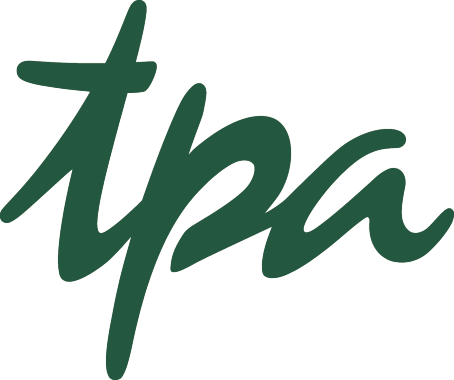Contributions Act
- The measure that exempted employers from paying contributions for health insurance, which previously applied only to young individuals with an indefinite-term employment contract signed before the age of 30, has been amended. Now, employers can use the exemption for any employee who is entering into their first indefinite-term employment contract, regardless of their prior pension insurance history, within one year from the start of the employment relationship.
- Employers who have begun using the exemption from the obligation to pay contributions for young individuals and for those entering employment for the first time will retain the acquired rights. The transitional period for using the exemption from the obligation to pay contributions is regulated so that employers who started using the exemption under the provisions of the Contributions Act which was in force until December 31, 2024, will continue to use the exemption under those provisions until it expires.
Value Added Tax Act
The key change is the increase of the threshold for entering the VAT system from EUR 40,000 to EUR 60,000. Taxable persons below this threshold can submit a request for deregistration from the VAT register no later than January 15, 2025. It is important to note that taxable persons who entered the VAT register voluntarily by December 31, 2024, cannot exit the VAT system within three years of registration. EU citizens will no longer be required to register for VAT based on residency; the new thresholds will also apply to them.
- Taxable person with a registered seat, residence, or habitual residence in another EU member state has the right to apply for VAT exemption under Article 90 of the Croatian VAT Act (to be a small taxable person in Croatia), if the following cumulative conditions are met:
- the annual turnover within the European Union does not exceed €100,000
- the value of goods and services supplied domestically does not exceed €60,000.
- In order for a small taxable person to apply for VAT exemption in an EU member state where they do not have their seat, residence, or habitual residence, they must also meet the following conditions:
- they must submit a prior notification to the EU member state of their seat, residence, or habitual residence
- an individual exemption identification number will be assigned to them for VAT exemption only in the EU member state of their seat, residence, or habitual residence
- For the application of VAT exemption, an individual identification number for exemption is assigned only in the country of residence. A taxable person who uses VAT exemption in Croatia but is not a resident pf Croatia, is not required to register for VAT or submit VAT returns for transactions covered by this exemption.
- The taxable person is required to submit a quarterly report on the total value of supplies in their country and other EU member states or report “0” if there are no supplies, within one month. If the annual turnover threshold within the EU is exceeded, the taxable person must notify the country of residence within 15 working days and report supplies from the beginning of the quarter.
Please keep in mind the fact that legislation tends to change frequently. This article is therefore necessarily based on our understanding and correct interpretation of the law and practice at the time of issuing this article. This article will not be updated due to changes in legislation that occur after this article is issued.
